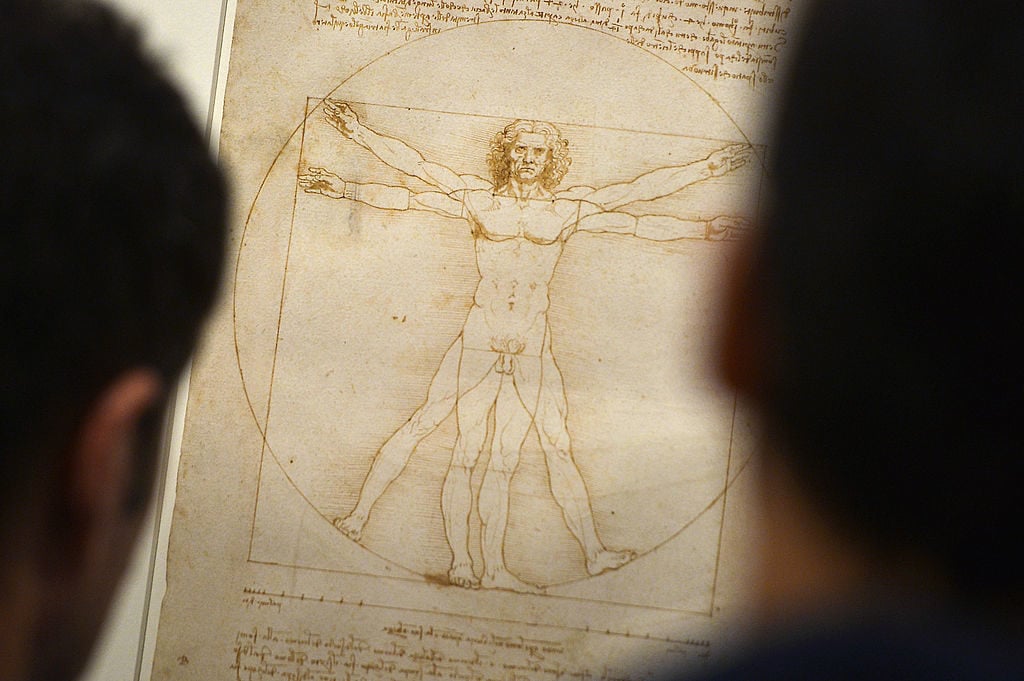Law & Politics
The Italian Museum That Owns Leonardo’s ‘Vitruvian Man’ Has Successfully Sued to Stop Production of a 1,000-Piece Puzzle Based on the Work
An Italian court has blocked the puzzle company from producing and selling the product.

An Italian court has blocked the puzzle company from producing and selling the product.

Taylor Dafoe

An Italian court has blocked the German toy company Ravensburger from producing puzzles featuring Leonardo da Vinci’s iconic Vitruvian Man drawing.
Ravensburger was brought to court by the Gallerie dell’Accademia in Venice, where the real Vitruvian Man lives. The museum claimed that it was owed financial compensation from the puzzle manufacturer, even though the 500-year-old artwork in question belongs to the public domain.
At the heart of the case is Italy’s Cultural Heritage and Landscape Code, which grants public institutions in the country the ability to request concession fees for—or outright bar—commercial reproductions of important artworks, regardless of their copyright status.
Last fall, the Court of Venice sided with the Gallerie dell’Accademia in the case, ruling that Ravensburger must cease production on its puzzle and any other pieces of merchandise featuring Vitruvian Man.
The court rejected Ravensburger’s argument that the Cultural Heritage Code only applies in Italy, and has now ordered the toy company to pay the Gallerie dell’Accademia a fee of €1,500 ($1,626) for each day that the puzzle has been manufactured since November 17, 2022.
The 1,000-piece Vitruvian Man puzzle is no longer listed on Ravensburger’s website, though it remains available for purchase through third-party distributors. Representatives for the company did not immediately respond to an email inquiry about the status of the product and whether Ravensburger plans to appeal the Italian court’s decision.
Ravensburger’s puzzle has been marketed and sold in Italy since 2009, but the dispute between the company and the Gallerie dell’Accademia began a decade later, when the museum sent a cease and desist later and asked to be paid 10 percent of all sales proceeds from Vitruvian Man products. The manufacturer refused, according to the Italian news outlet La Repubblica.
“Since 2019, as soon as I was appointed, I launched a project aimed at recovering the illicit commercial use of products derived from the image of Leonardo’s masterpiece,” Gallerie dell’Accademia director Giulio Manieri Elia told the paper.
A spokesperson for the museum did not respond to a request for comment.
This is not the only notable instance of an Italian institution invoking the Cultural Heritage Code in recent memory. Last October, the Uffizi Gallery in Florence sued the French fashion label Jean Paul Gaultier for appropriating Botticelli’s Birth of Venus on various pieces of apparel, while in 2021, the same museum threatened legal action against PornHub over the website’s use of artworks by Cézanne, Titian, and others for an interactive app.